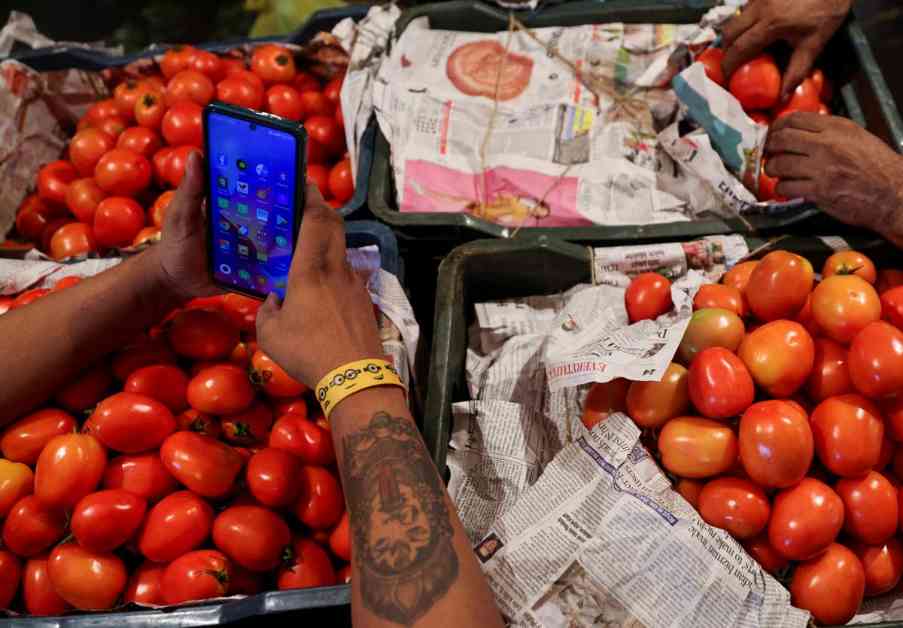Italian Tomato Puree Controversy: Chinese Forced Labor in UK Supermarkets
Several major British supermarkets are under fire for selling “Italian” tomato puree containing Chinese tomatoes from Xinjiang, where forced labor practices have been reported. Despite being labeled Italian, products like Tesco’s “Italian Tomato Purée” and Waitrose’s “Essential Tomato Purée” were found to have Xinjiang tomatoes in a BBC-commissioned test. This revelation has sparked outrage and concern among consumers and human rights activists worldwide, exposing the complex supply chain issues in the global food industry.
Forced Labor Allegations in Xinjiang
Xinjiang, known for its human rights abuses against Uyghur and Muslim minorities, is a major producer of China’s tomatoes. Reports from the UN and various organizations have detailed forced labor, torture, and crimes against humanity in the region. The use of forced labor in Xinjiang is a contentious issue, with China denying mistreatment and defending the camps as vocational training centers to combat extremism. However, evidence suggests otherwise, raising questions about the origin and ethical sourcing of products like tomato puree in European markets.
Supplier Controversy and Denials
Antonio Petti, an Italian tomato-processing firm, was identified as a key importer of Xinjiang tomato paste, raising concerns about the company’s supply chain practices. In an undercover BBC investigation, Pasquale Petti, the general manager of the Petti group, admitted to using Chinese tomatoes to cut costs, highlighting the challenges faced by European companies in ensuring ethical sourcing. While some supermarkets like Tesco and Rewe have taken steps to address the issue, others like Waitrose and Morrisons have disputed the claims and questioned the testing methodology used in the investigation.
Global Impact and Consumer Awareness
The controversy surrounding the Italian tomato puree tainted with allegations of forced labor in Xinjiang has far-reaching implications for the food industry and consumer trust. Companies like Amazon and Walmart in the US have also faced scrutiny for selling products sourced from Xinjiang despite import bans. The lack of transparency and accountability in the supply chain raises concerns about the prevalence of forced labor in global trade and the need for stricter regulations to ensure ethical sourcing practices.
As consumers, it is crucial to be aware of where our products come from and to demand transparency from companies about their sourcing practices. By supporting ethical brands and holding corporations accountable for their supply chains, we can make a difference in promoting fair labor practices and human rights protections worldwide. Let’s take a stand against forced labor and advocate for a more sustainable and ethical food industry that values the dignity and rights of all workers involved in the production process.












